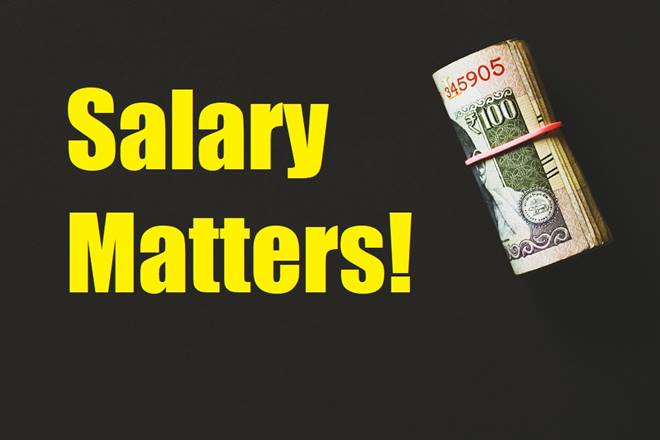An employee, who has been removed from service illegally, can get the payment of full back wages as a “normal rule”. However, there can be a departure from this normal rule in case where necessary circumstances have been established, suggests a recent ruling of the Supreme Court in Jayantibhai Raojibhai Patel vs Municipal Council, Narkhed & Ors. The decades-old case was about Jayantibhai Raojibhai Patel, a school headmaster, who was illegally removed from his job. But even after it was found that his removal was not as per law, payment of full back wages was denied to him by the High Court.
The Supreme Court has held that the High Court was not justified in denying the back-wages to the appellant altogether. However, considering the circumstances of the case, the Supreme Court has ruled that “ends of justice” would be met by paying Rs 5 lakh as final settlement of the appellant’s claim for back-wages.
Interesting history of the case
Patel (appellant) was appointed as a headmaster of Nagar Parishad High School on July 1, 1986. The school was conducted by Municipal Council of Narkhed in Nagpur District of Maharashtra. The municipal council had issued a show-cause notice to Patel on February 5, 1994 over alleged misappropriation of Rs 5000. On receiving response of Patel, the municipal body appointed a former Deputy Education Officer (DEO) as an inquiry officer, who found the headmaster was not guilty. Following this, the local body appointed another inquiry officer to probe charges against the headmaster. The new inquiry officer held Patel guilty in a report submitted on 20 April 1995. Following this, the municipal body passed a resolution to remove the headmaster. He was finally removed through an order dated 19 June 1996.
READ | PAN Card address change: Mere mentioning in Income Tax Return (ITR) not enough, rules Supreme Court
After losing job, Patel approached the High Court with a writ petition. Eighteen years later, on 12 August 2014, the High Court quashed the order of his removal. By this time, Patel had already attained the age of retirement. The high court ruled that the appellant should not be paid any back-wages for the period he had not worked. However, retiral benefits was allowed.
To claim the back wages, the appellant then moved the Supreme Court. But a counter affidavit was filed by the municipal body, which claimed that retiral benefits amounting to Rs 27 lakh was already paid to the appellant and that he was already withdrawing a pension of Rs 31,500 per month. The municipal body also claimed that it took “necessary steps” to reinstate the headmaster within two years of his removal but “the order could not be granted because of a stay granted by the District Collector”. The municipal body appealed that back-wages “ought not” be granted to Patel for the period for which he had not worked, “particularly having regard to the fact that it is a ‘Class-C’ municipality with a limited income.”
What Supreme Court said
The top court said, “Having due regard to the principles which have been enunciated in Deepali Surwase by this Court, the High Court was not, in our view, justified in denying the back-wages to the appellant altogether. Bearing in mind the circumstances which have been noted above, a lumpsum compensation should be directed to be paid.”
In Deepali Surwase case, the top court had said, ” If the employer wants to deny back wages to the employee or contest his entitlement to get consequential benefits, then it is for him/her to specifically plead and prove that during the intervening period the employee was gainfully employed and was getting the same emoluments. The denial of back wages to an employee, who has suffered due to an illegal act of the employer would amount to indirectly punishing the employee concerned and rewarding the employer by relieving him of the obligation to pay back wages including the emolument.”
The top court has directed the municipal body to pay Rs 5 lakh in full and final settlement of Patel’s claim for back-wages for the period between the date of the order of removal and the date on which he attained the age of superannuation. This payment will be in addition to the retiral benefits to which he is entitled in terms of the order of the High Court, the top court said in the judgement dated August 21, 2019.


